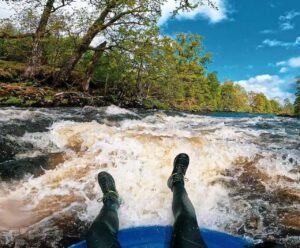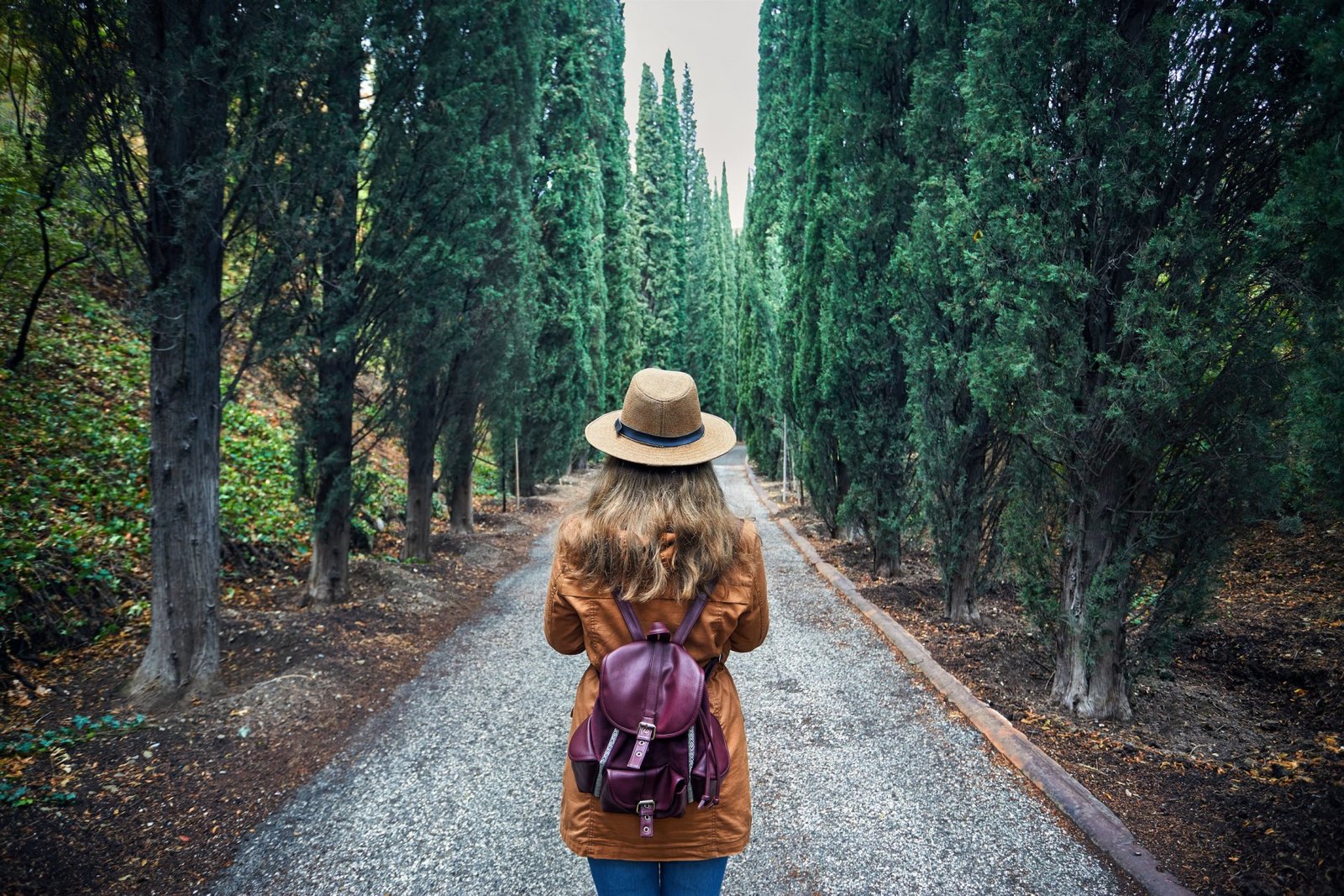
Travel is a beautiful thing. It helps us to grow, experience other cultures and appreciate our differences. But if we’re not careful, it can be destructive to the environment, ironically destroying the places that we travel so far to see. Learn to adjust your travel habits to minimize your impact so we can preserve our planet for future generations.
Travel locally
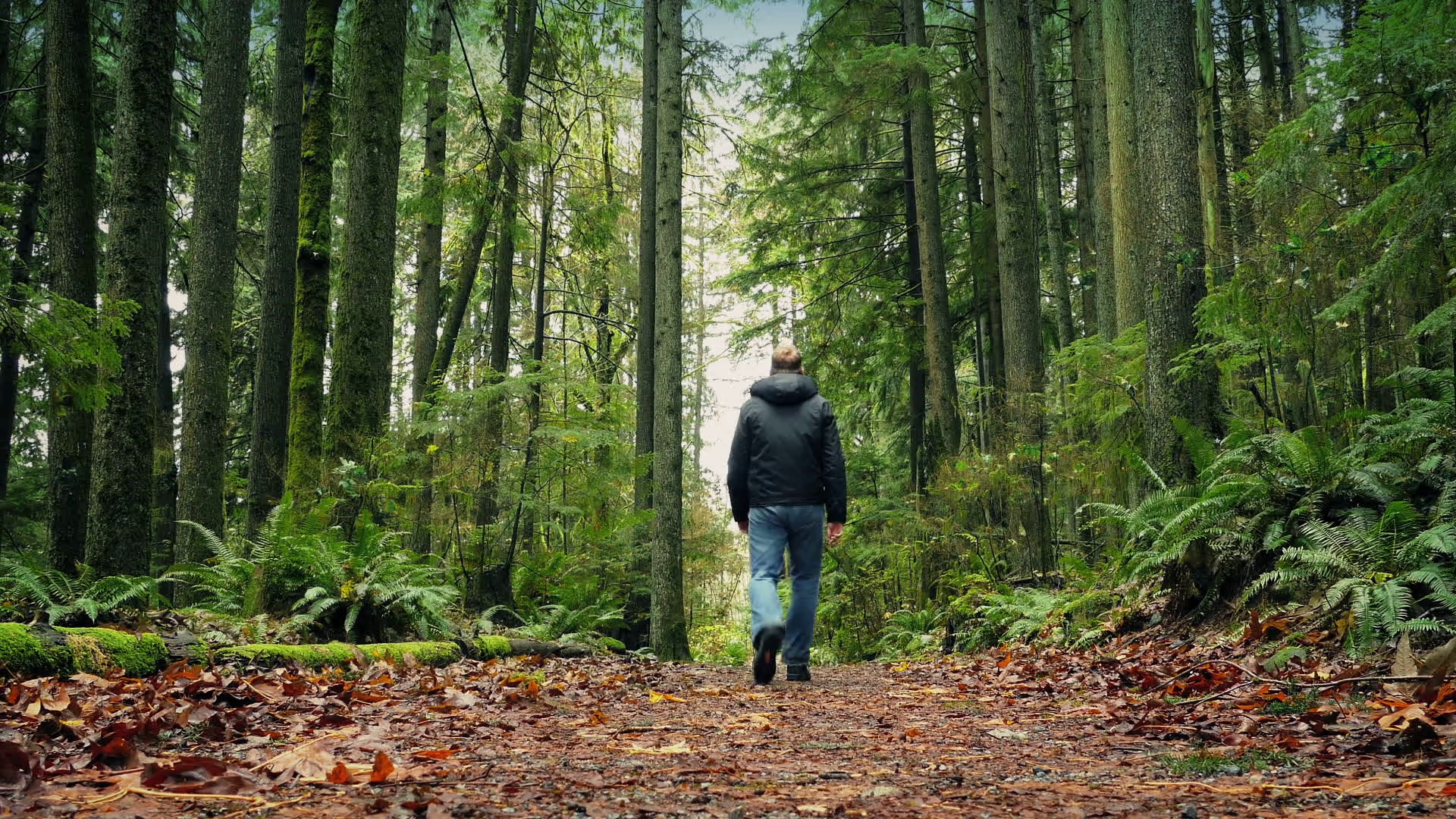
One of the biggest myths about travel is that you need to go to the opposite side of the planet in order to have a meaningful experience. We all dream of Bali, but we neglect our own backyard.
Henry David Thoreau, one of America’s great travel writers, spent years traveling the United States on foot garnering deep philosophical insights from his experiences, all without leaving his home county of Concord, Massachusetts. Before you fly, think about where you can hike, bike, canoe or sail. Appreciating what you have nearby makes the occasional distant adventure all that much more rewarding.
Minimize air travel
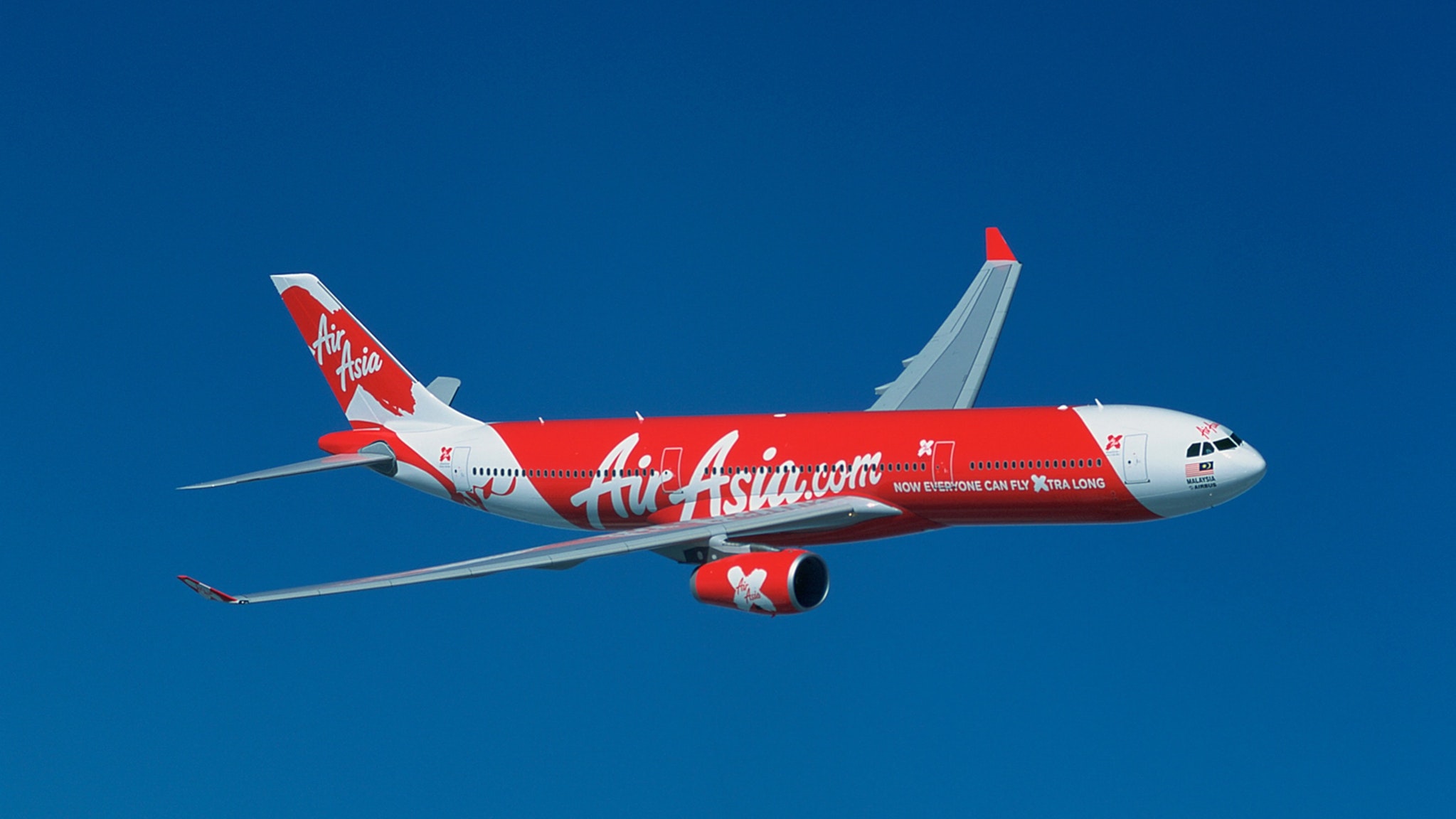
If you live in Australia and your dream is to travel to Europe, you’re going to have to fly to get there. But you can offset the impact of that trip by skipping all sorts of other flights throughout the year. For example, back home, avoid work trips and telecommute via video conference, instead. That way, you’re saving your air travel for the trips that you really care about.
Once you get to your destination, use buses and trains to get around. Local budget airlines like Ryan Air or Air Asia might be cheaper and faster, but they cause your carbon footprint to soar, not to mention, they usually screw you on excess baggage fees too.
Carbon offset

If you can’t avoid flying, consider purchasing a carbon offset, an additional fee on top of your ticket price, which offsets the impact of your flight by funding sustainability projects around the world. The longer the flight, the larger the offset, the more money you donate to cool initiatives like rain forest conservation in the Amazon.
Offsets have been widely criticized as a fig leaf to cover up the larger problem of airplane pollution. And while it’s true that buying offsets won’t fix the problem alone, it’s better than nothing. But they are best used in addition to reducing air travel, not instead of it.
Use green local transport
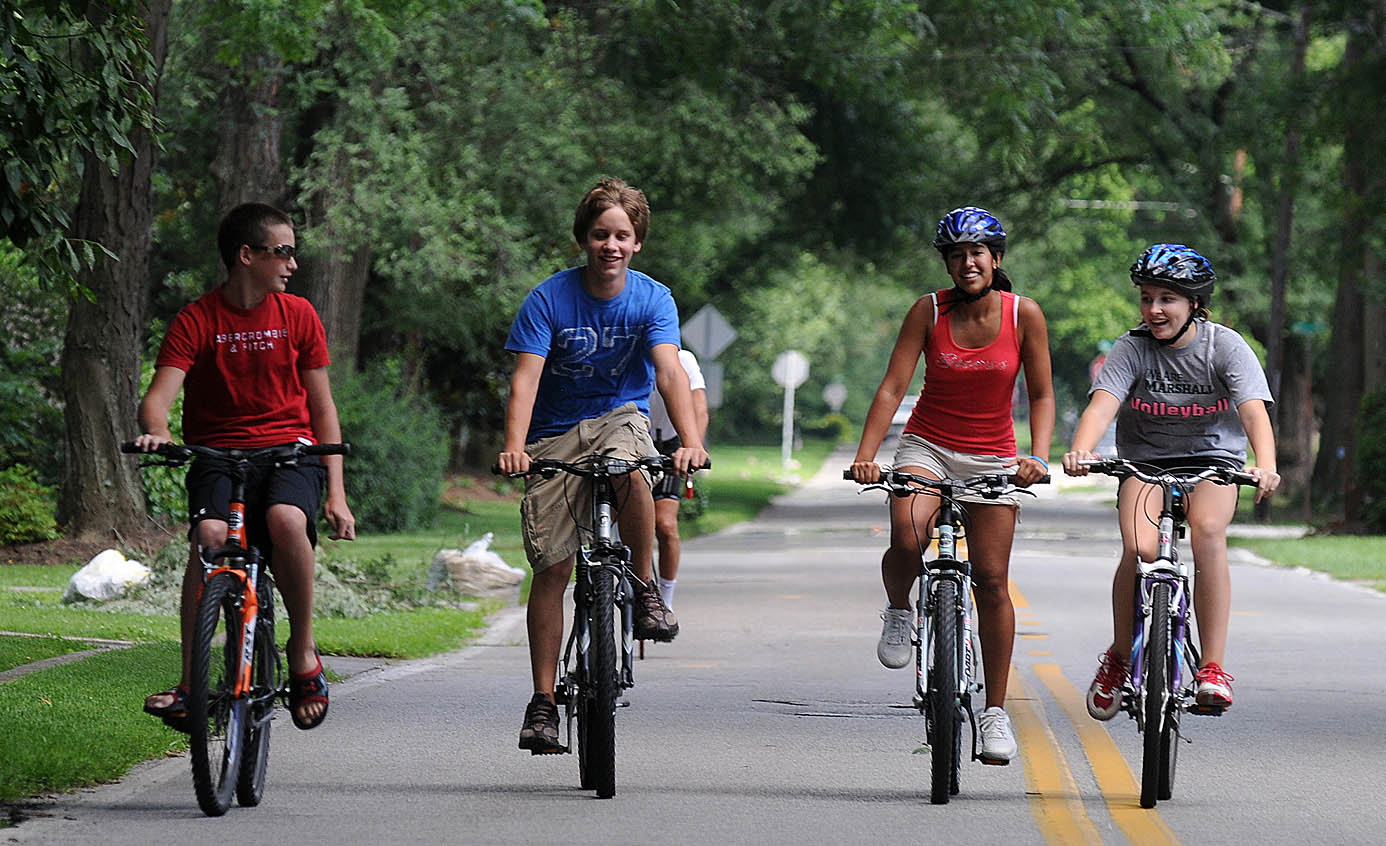
Once you arrive, use green, local transportation to get around. Just like back home, using cars and taxis instead, set off on two feet. It’s free and healthy, and it’s still the best way to get lost and discover new spots and it is one of the best things to do in Orlando. Same goes with public transport. Give yourself a cheap city tour by jumping on and off a local bus route. If you want a surprise, hop on a metro and get off at a station that sounds cool, and see what’s there.
Of course, the bicycle remains the most efficient form of transportation. And most major cities around the world now have municipal grab and go bike systems. A lot like Madrid even have electrical bike systems allowing you to cover even more distances efficiently and cheaply. In Los Angeles got the new startup, electric scooters that are so fun to ride.
Travel slowly
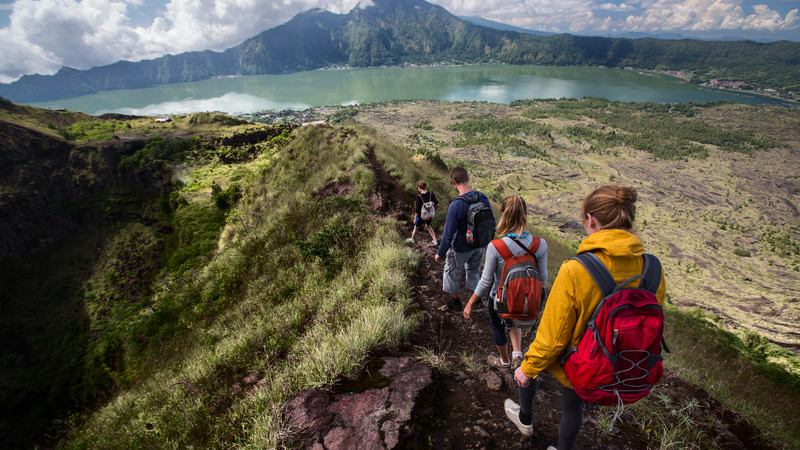
Perhaps the best overall method is to practice “slow travel.” Just as “slow food” counters the ills of fast food, slow travel practices sustainability by doing less on each trip. For example, if you’re planning a two week trip to Europe, instead of flying from here to there, trying to do as much as possible in as little time as you have, pick one place, maybe two. Rent a house, explore it on foot and try to make a meaningful connection with the local community. This is the essence of slow travel.
If you do want to cover some distance, do it by bike, train, horse, sailing, or walking, the original form of travel and definitely the healthiest. Walking Spain’s Camino de Santiago is definitely one of the best slow travel experiences out there, not to mention one of the cheapest.
Pack light
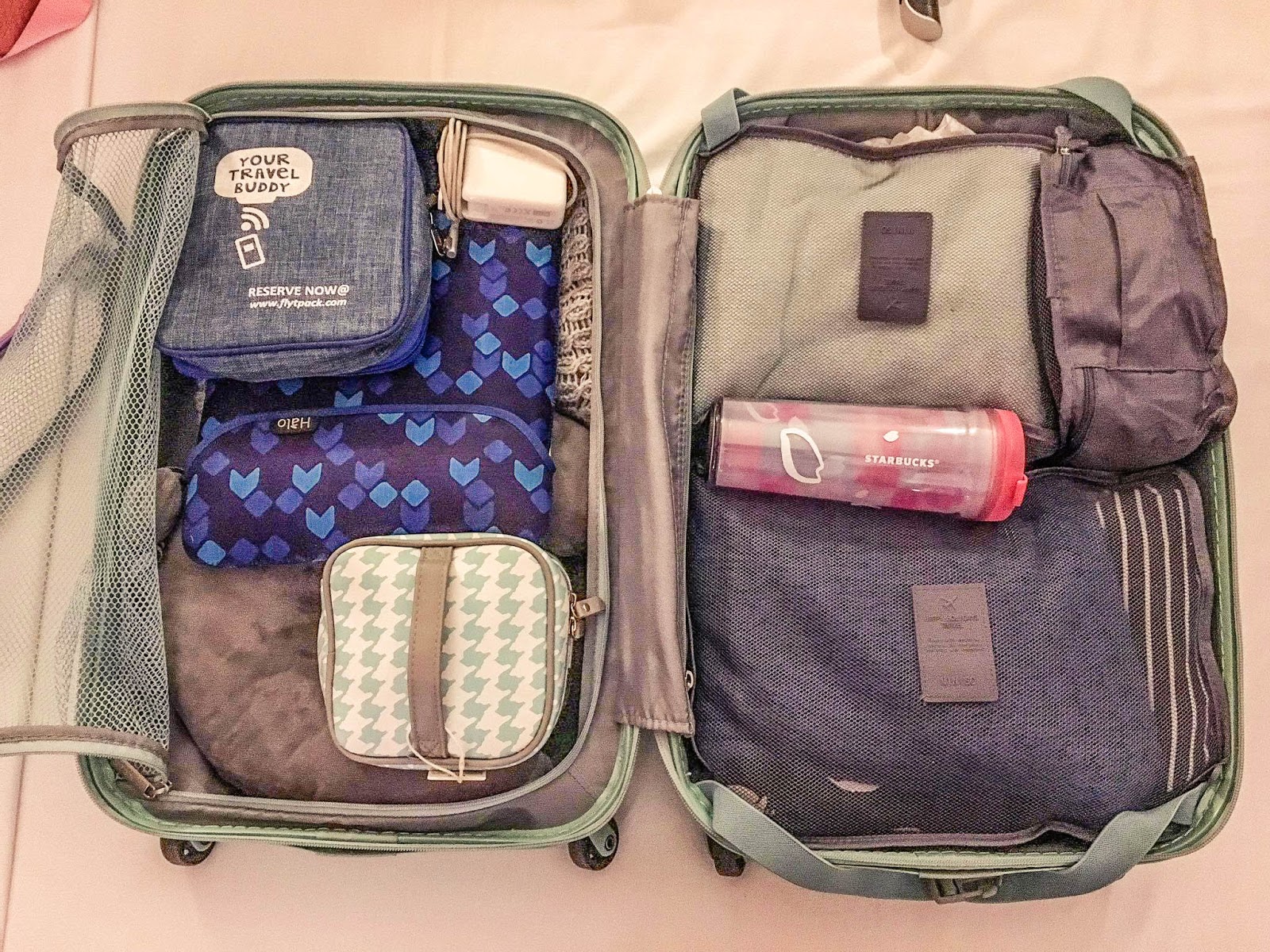
One of the most overlooked tips is to simply pack light. Bringing one bag instead of two might not seem like that big of a difference, but all those extra bags add up and burn a lot more jet fuel. Imagine if each one of us had to pack an extra 25-kilo bag, that’s so much fuel wasted.
Reusable items
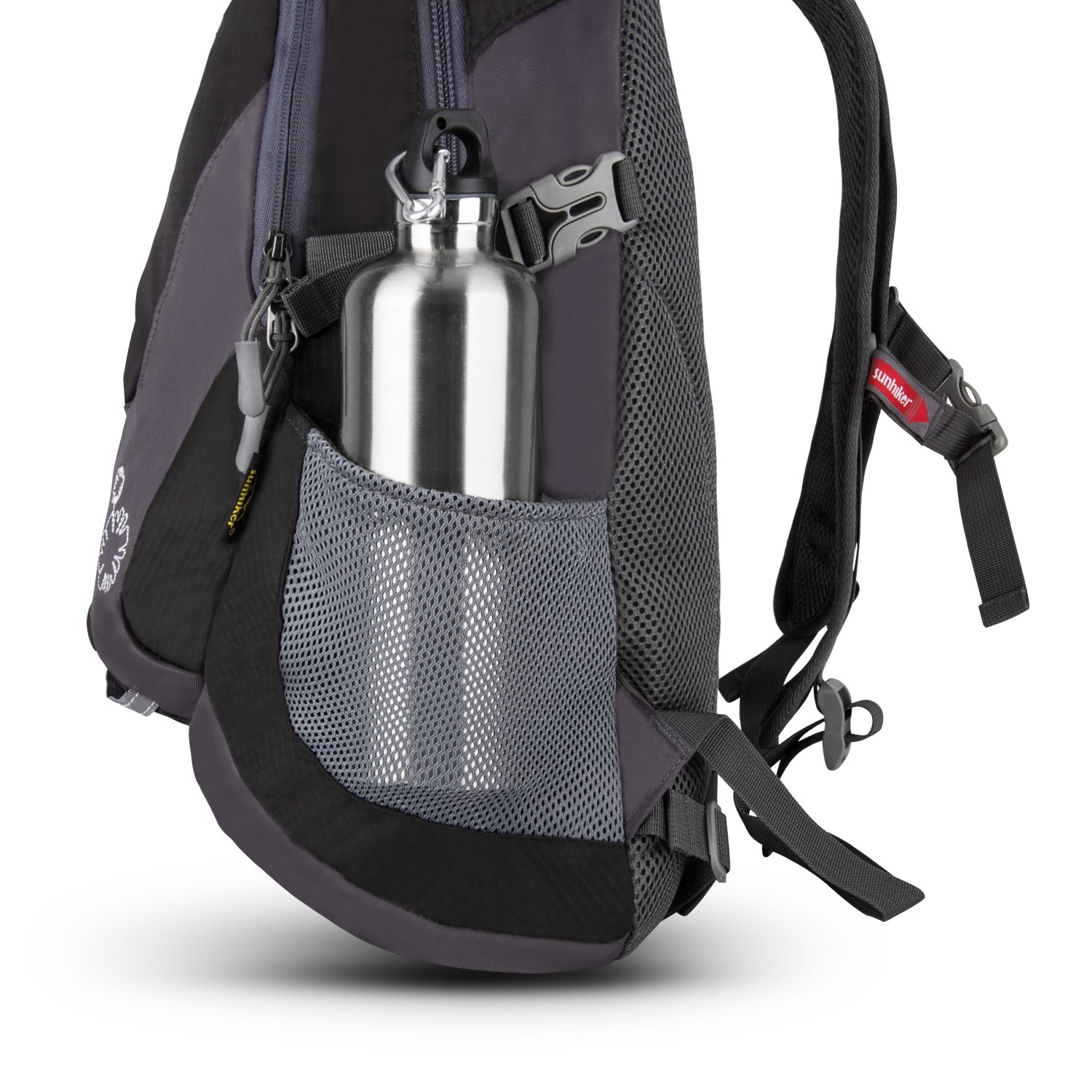
It’s not just how much you pack, it’s what you pack. Specifically, pack reusable items and avoid using single-use plastic items like straws and water bottles which don’t decompose and eventually end up in our oceans like the Great Pacific Garbage Patch. Start with a reusable plastic water bottle that you can fill up at fountains and restaurants and save on average 167 plastic bottles per year. If you’re traveling in countries with unsafe drinking water, bring a Steri pen and purify that water instantly.
Bring a camp mug for hot drinks, some reusable sandwich wax made from bee pollen for sandwiches to avoid cling wrap. Pack a couple of reusable tote bags for groceries or to hold your dirty laundry, and you’re good to go. it’s an important step in raising awareness in countries that still treat plastics like the biodegradable products they recently replaced.
Pack toiletries
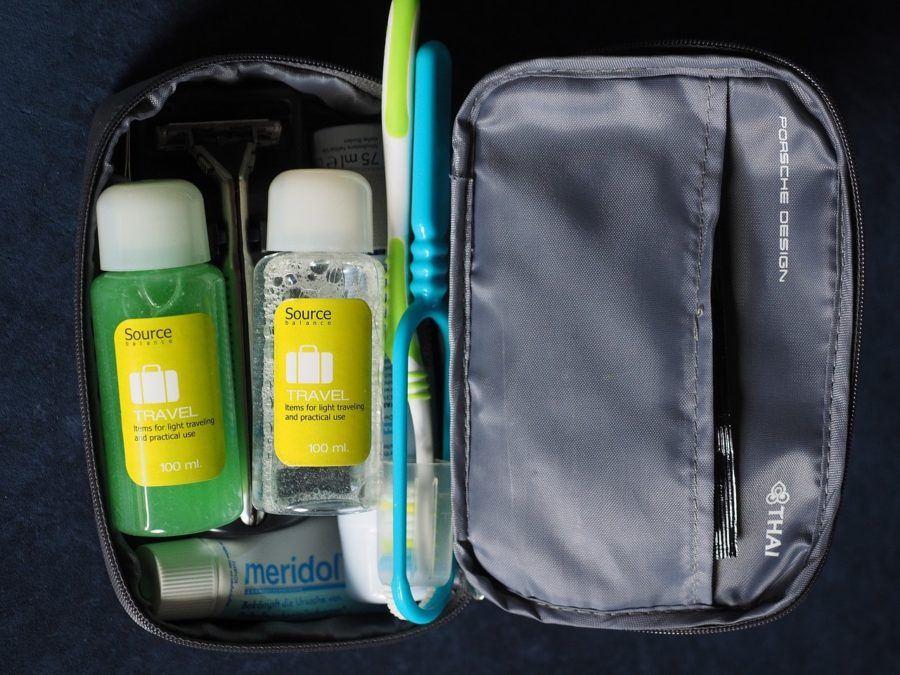
Be mindful when you’re packing your toiletries, especially if you’re traveling in regions with poor sanitation and fragile ecosystems. Avoid products in aerosol cans, body washes with microbeads or sulfate shampoos. Inevitably, all of these end up in our rivers and oceans.
A better solution is biodegradable soap and shampoo like Dr. Bronner’s 18/1, pure Castille soap. You can use it for brushing your teeth, washing your hair and even doing your laundry. And instead of using the samplers in your hotel room, buy a pack of reusable go- tubes, and fill them up with your favorite products from back home. Lastly, for the ladies, consider a reusable menstrual cup because it can last for 12 hours; you don’t need a bin to dispose of them, you just wash them out. Make sure you wash them with boiled or purified water to avoid infection.
Eat locally

One of the best parts about travel is trying local flavors. Avoid multi-national chains, and eat locally. It’s cheaper, healthier, and better for the planet, not to mention, you’re building the local economy. Whenever possible, always drink local craft beers, and if you can, drink draft beers instead of bottles or cans.
If you were raised in the west, you’re probably accustomed to eating more meat than the locals. And actually eating less meat is one of the most effective ways to reduce your emissions no matter where you are on earth. Not to mention, eating veggies is usually a safer bet if you’re worried about getting a stomach bug.
Support local economy
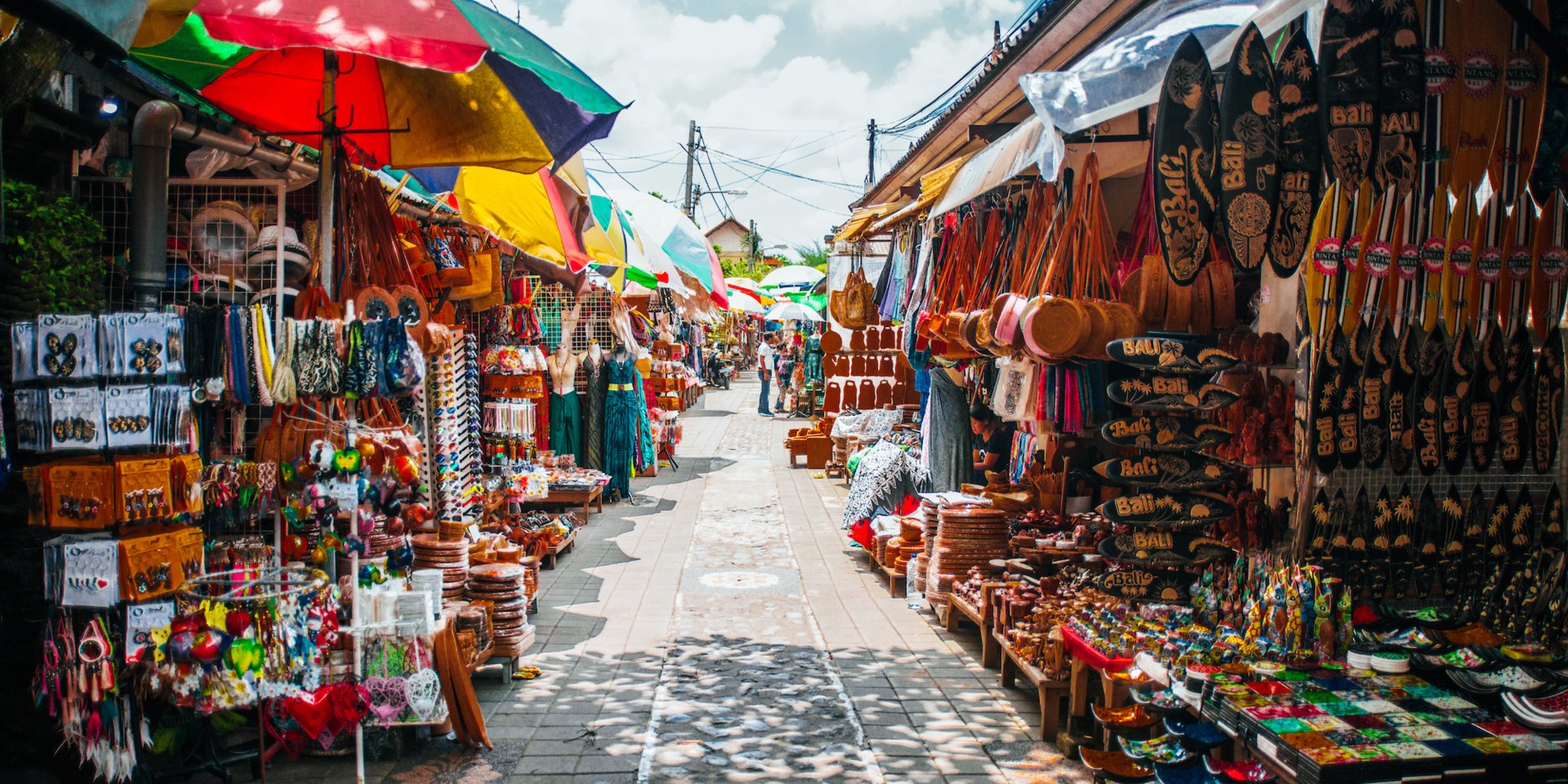
If you’re going to bring something home, make sure that you’re supporting the local economy. A lot of the souvenirs that are sold to tourist in touristy shops are actually made in China. Instead, buy from women’s artisan collectives that supports sustainable development and put money back in the community. And to state, the obvious, do not take any animal products as souvenirs especially ivory, tiger bone, shark fin soup or anything recommended in Chinese medicine to make the man strong like bull.
Pick activities wisely
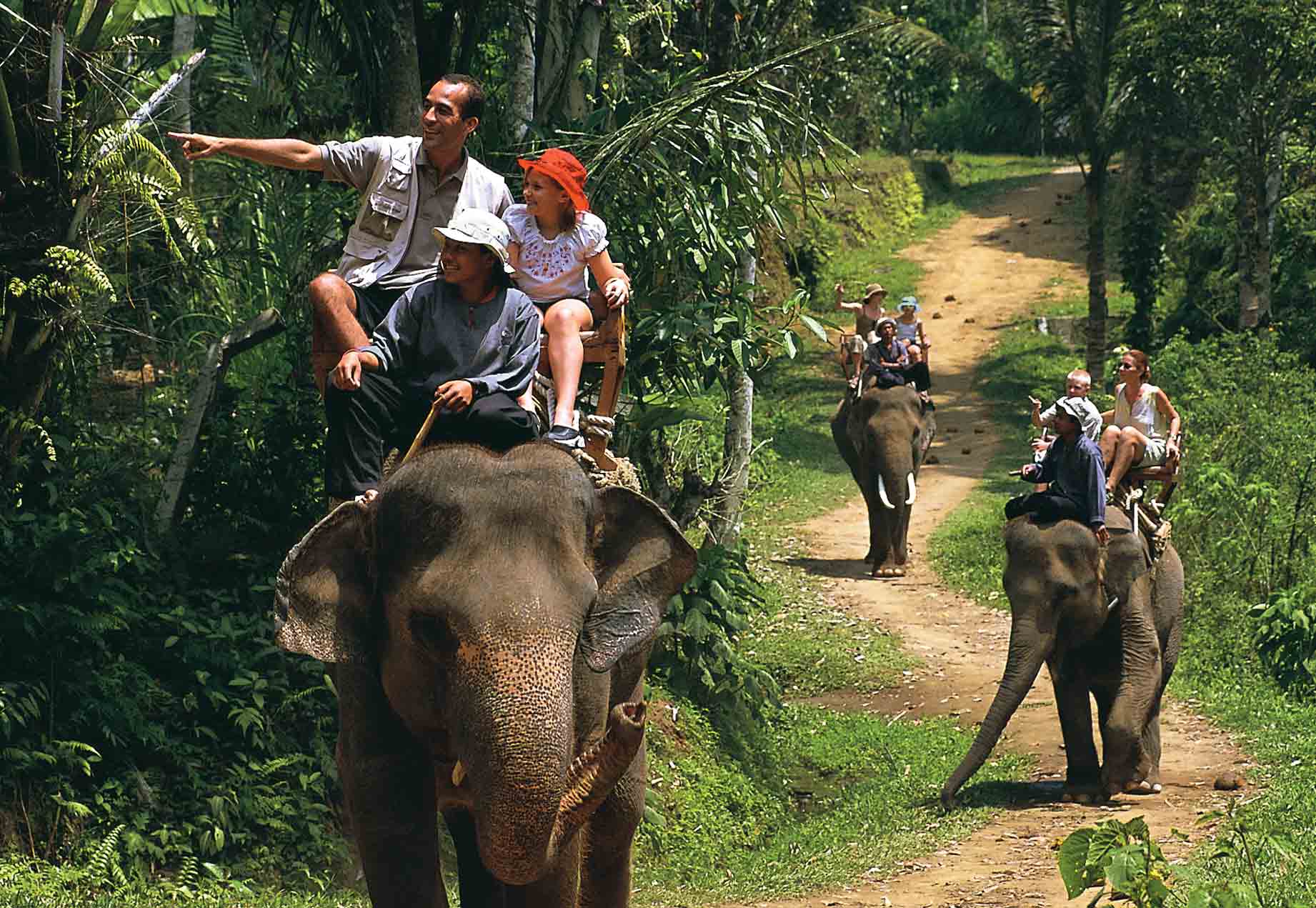
Animal welfare issues are more common when you’re picking your activities. As much as you want a photo riding an elephant, swimming with dolphins, or cage diving with sharks, activities like these have a very real impact on the natural world. The dolphins that are in that pool were forcibly removed from the ocean, separated from their parents and bred in captivity for a life of pain.
Instead, consider volunteering at an elephant sanctuary in Thailand, a natural park, or a wildlife rehabilitation center where you can help reverse the problem instead of exacerbating it.
Vote with your money
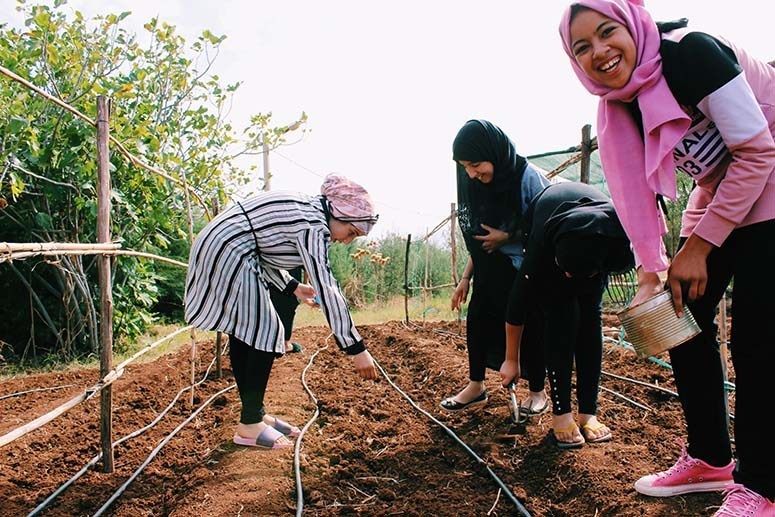
Favor local tour operators who help protect wildlife and preserve local cultural heritage, especially if you’re traveling to indigenous communities whose lives can be greatly affected by tourism. If a business does not meet your standards, politely explain how they could change for the better. Just try not to be too preachy. Remember that in developing economies, where the cost of going green is relatively a lot higher, it can mean not putting food on the family table, which means change can come a lot more slowly.
Choose accommodation wisely

Few things impact the travel industry’s carbon footprint as much as accommodations, which count for 20% of total emissions, the second biggest cause after air travel. Hotels can cause a huge amount of waste. Air conditioning and lights left on 24/7, changing sheets and towels daily, and over 2 million bars of half-used soap thrown away every single day in the United States alone.
NGOs like Clean the World are starting to distribute used soap to communities lacking adequate sanitation. The impact of your hotel is super important if you’re traveling to fragile ecosystems like national parks. But eco-lodges are a great way to be close to nature and support the local economy, all while being sustainable. But you don’t need to stay in a fancy eco resort to make a difference. Stay in Airbnbs instead of hotels, find an eco-hostel.
Leave only footprints, take only memory
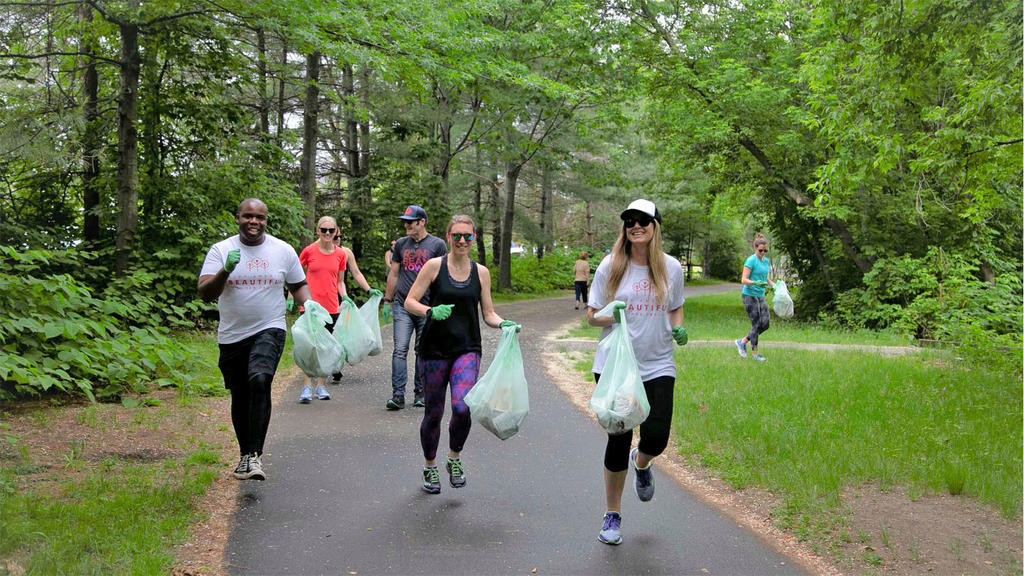
It’s trite but true, but you can even do one better. Next time you go to the beach, pick up some trash and throw it away, doesn’t matter if it’s not yours. You’re doing the planet a solid. You could even practice the new Swedish fitness trend: Plogging which is jogging but with a trash bag, and you pick up all the trash you see along the way. Stay fit, stay healthy, and be sustainable.




